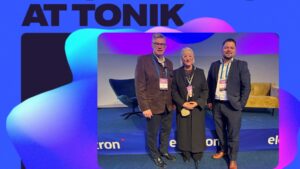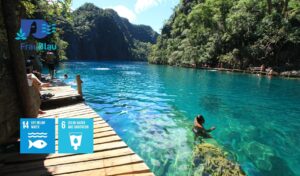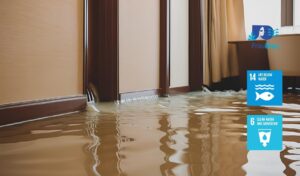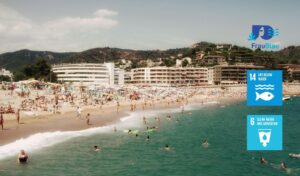To solve urgent environmental problems like massive droughts in Europe and other places, visitors and tourists must be involved in the countermeasures. To ignore the feelings of injustice raising among local people means to put the future of tourism at risk through an increasing resistance against visitors.
And, why on earth should visitors be excluded from water-saving campaigns if local citizens suffer from drought and restrictions of water supplies? This is far away from the balanced and responsible tourism strategies and local community approaches that are widely discussed in the conference and tourism industry. Greece, Italy and Spain, particularly Catalonia and Andalusia are badly affected by the lack of water, but in many other countries the same scenarios loom too.
At recent IMEX in Frankfurt, I discussed with different experts about how we can raise awareness of visitors /delegates and trigger feelings of responsibility and loyalty — visitors are not blind, they also feel concerned by drought. As an industry, we must come up with strategies to support and complement political and societal solutions.
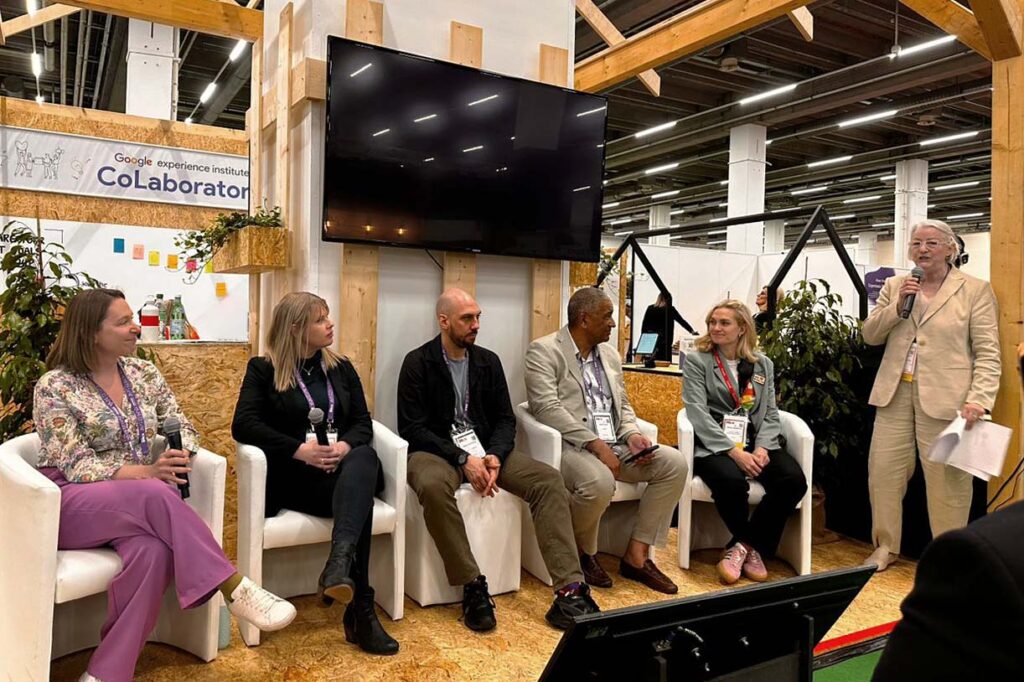
To fight increasing droughts, the effects of the climate crisis and the suffering of biospheres, we need to apply new technologies, and to collect and interpret data to be able to visualize and showcase changes for better understanding.
For that reason, our experts at the panel discussion were a mix of technical companies and meeting destination services:
Destination Service experts:
- Tuya Beyers, International Association Expert Flanders, VisitFlanders CVB
- Neele Westphal, Director of Sales Germany, SCANDIC HOTELS
- Helena Jakobsen, Sales Manager ENJOY DMC, Faroe Islands
Technical Experts:
- Raimund Koop, CPO & Co-Founder, Hydrop Systems Germany
- Mark Brown, CEO VIEWZ.AI, UK
The examples and results shared by the destination experts, confirm the need for added layers in presenting destination products. Involving the teams in hotels for joint actions with guests and the amazing outcome of intensive interaction, working cross-sector in destinations to attract thematically matching congresses, and offering incentive programs with a mix of health, deep-learning and fun — these were all examples shared by the destination panelists.
But to add layers of interaction, new learning and experiences, digital data and AI-driven communication are necessary.
“First, you define content, for which data must be collected and then prepared /used in communication for achieving targets”.
Raimund was explaining. Award-winning Hydrop is a start-up from Germany. They have invented an add-on device to regular water meters, which shows the water use in real time and allows visualising and embedding in different channels. In an exclusive partnership with FrauBlau, the Hydrop device will be used for water demand management campaigns. It shows the amount of water saved in joint action of visitors and hotels/venues in easy-to-understand charts.
This possibility to present changes that were achieved together, is particularly useful to prepare congresses and conferences dealing with sustainable development.
Mark was explaining how 3D models of Hotels, uniquely realistic in their presentation, can substitute site inspections or add information layers to experiential campaigns. But not only hotels can benefit from naturalistic modelling in 3D – with such technology, connections can be shown that otherwise remain obscure. Information about water use by utilities, models of urban developments and strategies for nature-based solutions to solve major challenges – all can be made seen and understood in this technology.
The discussion at IMEX was a first step to show how cool it is to include data and latest technology in destination projects – here: for water responsibility – and that such projects need engagement of municipalities, governments, water sector and tourism/meetings industry.
Because all of them will benefit from new digital support for better governance, from understanding of digital environments and how to use them for better results.
Learning and purpose must find their way into sustainable tourism and MICE destination strategies. Necessary mind changes need the courage to explore new territories of knowledge and a fearless use of digital technologies and cross-industry collaboration.
To communicate the importance of and care for water, is an important topic for stakeholders in destinations – it creates new perceptions, fresh ways to look at branding, and finds solutions for important strategic goals for society and environment.



